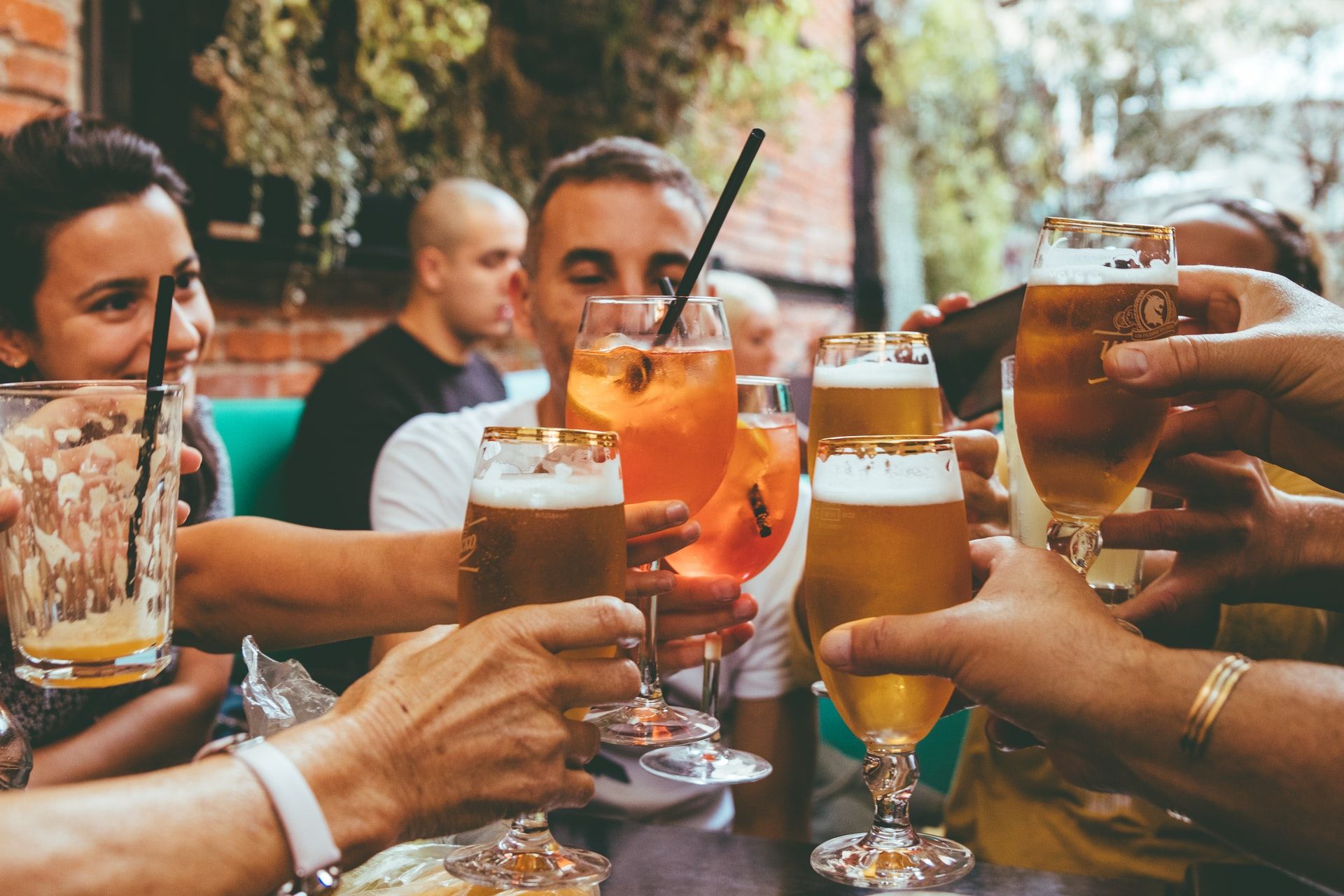Language learners often say that they are able to speak more fluently when in a state of inebriation. They seem to identify a direct relationship between alcohol consumption and their ability to speak a certain language.
It makes you wonder: is there any scientific evidence is there to back this up? Could speaking a foreign language or learning while drunk actually be more efficient or effective somehow?
One thing we do know is that drunken states are often actually detrimental to one’s learning and memory abilities by inhibiting the proper functioning of the hippocampus, an integral part of the brain’s memory system.
But on the other hand, some types of seemingly debilitating states have been shown to increase learning and memory despite their illusory effects. For example, people under deep hypnosis have been shown to perform better on learning tasks than people who have undergone lesser types of hypnosis.
So ... what about languages? What exactly might be happening when you’re drinking that helps you speak foreign languages better? This article outlines what you need to know.
And if you really want to learn a language, be sure to check out our massive language learning toolkit. It contains the best methods to quickly and efficiently master foreign languages on your own.
The science behind language learning while drunk
The main reason we appear to speak a foreign language better while drunk is that, in our state of inebriation, we lower our affective filter. In other words, we tend to lose many of our inhibitions and worries.
As a result of this decrease in inhibitions, we also tend to worry less about the grammatical rules and possible mistakes we can incur in and we adopt a more relaxed attitude towards verbal communication, thereby resulting in a more fluid stream of words out of our mouths. That explains why people speak foreign languages better when drunk.
But don’t go running for a bottle of Jack Daniels as your language-improvement solution just yet! There are two major downsides to this strategy. The first is that despite your increased confidence and fluidity, you are also likely to make many more grammatical and pronunciation errors, and perhaps even ingrain bad habits that will persist back into sobriety.
The second downside is that any improvements in confidence/fluidity that may be experienced while drunk are unfortunately short-lived. If you rely on alcohol as your primary facilitator of communication, than you might end up resorting to alcoholism to master your language of preference! Not a good plan.
(Hey! Here are a load of other popular language myths you should know about.)
Learning while drunk isn't a good idea
And while speaking a foreign language is a bit easier after you've had a drink or two, learning while drunk is not a great idea. One study not only found that drinking at the same time that you learn language is bad for remembering, but drinking days after learning the material also impaired memory. So while drinking a moderate amount may help you speak a foreign language, it won't help you learn it.
To speak more fluently, develop confidence
The important lesson to learn here is that the seemingly positive effects of alcohol on foreign language fluency are not due to alcohol at all. They are due to confidence in your skills. If you build confidence by practicing speaking your foreign language, and using a confidence-based learning system such as Brainscape, you’ll experience much better improvements in your language skills than you would from a bottle of vodka or whiskey.
And again, if you need any help getting started, we've developed a huge guide on how to learn any language more efficiently. Check it out!

Sources
Renner, F., Kersbergen, I., Field, M., & Werthmann, J. (2018). Dutch courage? Effects of acute alcohol consumption on self-ratings and observer ratings of foreign language skills. Journal of Psychopharmacology, 32(1), 116-122. https://doi.org/10.1177%2F0269881117735687
Schumann, J. H., Holroyd, J., Campbell, R. N., & Ward, F. A. (1978). Improvement of foreign language pronunciation under hypnosis: A preliminary study. Language Learning, 28(1), 143-148. https://doi.org/10.1111/j.1467-1770.1978.tb00310.x
Smith, C., & Smith, D. (2003). Ingestion of ethanol just prior to sleep onset impairs memory for procedural but not declarative tasks. Sleep, 26(2), 185-191. https://doi.org/10.1093/sleep/26.2.185
